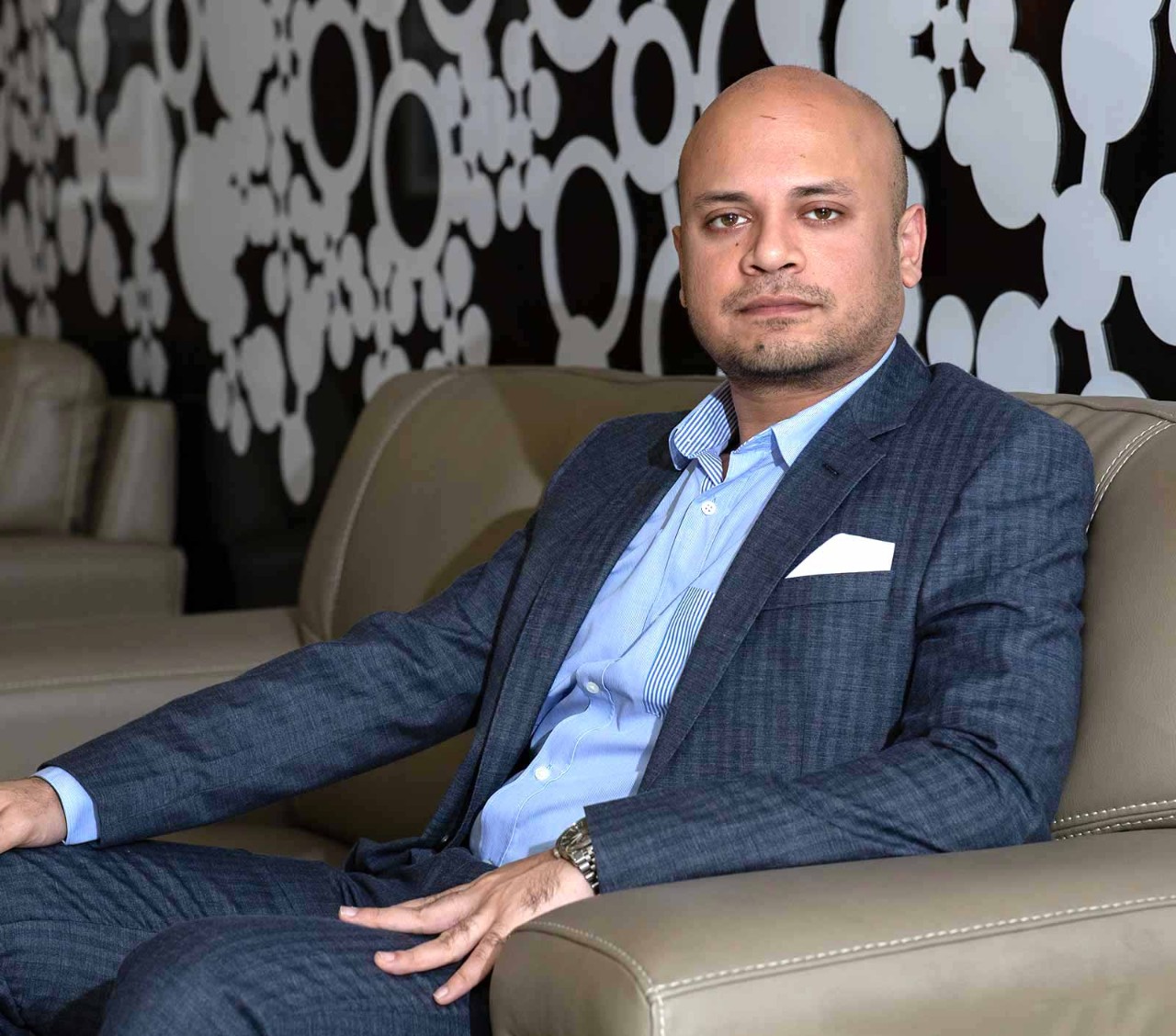
When venture capitalist Aileen Lee coined the term ‘unicorn’ in 2013 to describe a privately held startup worth over US$1bn, such businesses were a rarity, with only around 30 globally. Today, linking successful private firms with the mythical animal seems increasingly inappropriate – there are currently around 530 unicorns worldwide, with a total value of US$1.76 trillion, according to data from CB Insights.
But while unicorns have become relatively numerous in many parts of the worlds, sightings are still scarce in the Middle East. Indeed, the region can claim just one true unicorn, Careem, a vehicle hire company founded in Dubai by Mudassir Sheikha, an American of Pakistan origin, and Magnus Olsson from Sweden.
There have been other startup successes, however: Egypt’s fintech firm Fawry, which surpassed a US$1bn valuation only after going public, and Souq, an e-commerce platform that was bought by Amazon in 2017 that would have likely become a unicorn had it remained private for longer.
Symbol of success?
‘We can debate whether becoming a unicorn is the best measure of success,’ says Amjad Ahmad, a fellow of the Atlantic Council and former venture capitalist whose investment firms provided more than US$1bn in funding to startups in the Middle East. ‘But the infrequency of unicorns in the region does reflect real challenges in building world-beating companies that develop to scale.’
The infrequency of unicorns in the region does reflect real challenges in building world-beating companies that develop to scale
So what are these headwinds, and how are governments and entrepreneurs in the region working to overcome them? Philip Bahoshy, founder of Magnitt, a Dubai-based data firm that tracks venture capital funding, says entrepreneurs in the region face a set of interlinking problems that make it difficult to reach unicorn status.
‘Many countries in the region do not make life easy for entrepreneurs or investors to set up and run companies, based on a range of metrics from starting a business and getting credit, to paying taxes and enforcing contracts,’ says Bahoshy.
Poor world ranking
This challenge is reflected in the World Bank’s Ease of Doing Business survey. While the region has some champions – including the United Arab Emirates, which ranks 16th globally alongside the likes of Taiwan and Australia – many nations score poorly. For example, Egypt places 114th, Iran 127th and Algeria 157th.
‘Some governments in the region are making solid progress in creating a more business-friendly climate, such as Saudi Arabia and Bahrain,’ says Ahmad. ‘But more work needs to be done to ensure businesses can flourish at these early stages.’
Then there is issue of capital to expand. Magnitt’s data shows the region passing an important milestone in 2020, with venture capital funding topping US$1bn for the first time, up 13% from the prior year. Despite the improvement, this tally is still modest in context, with total global venture funding around US$300bn last year, according to Crunchbase.
‘To really boost venture capital funding, you need more success stories to emerge to prove the concept,’ says Bahoshy. ‘Venture capitalists also need to feel they have an exit – and there have been relatively few technology-based initial public offerings or large trade sales in the region. While this has started to happen, including with the IPO of Fawry, more progress needs to be made.’
Ahmad argues that ensuring greater protection for investors is essential. ‘The biggest issues for investors before allocating capital are: Will the judiciary defend my rights? Are there laws to protect minority investors? Are there adequate bankruptcy laws? How does licensing work?’
Meanwhile, the economic fragmentation of the region is also a headache for entrepreneurs seeking to build scale through international expansion. ‘While in India or China you have large internal markets, the Middle East and North Africa consists of around 17 countries with no single market, and different regulations and consumer preferences,’ says Bahoshy. ‘While this can be overcome by tenacious business leaders, it isn’t easy.’
For some companies, fragmentation is an ‘existential problem’, Sheikha noted in a recent interview at the Atlantic Council. Establishing the free movement of goods, services, capital, people and data is seen by many experts as critical in boosting the availability of capital in the region.
Research and development
In addition, the region’s tech startups are hampered by low levels of research and development. ’A lot of people give the credit for start-up innovation in rich nations to venture capital,’ says Ahmad. ‘But much of the innovation can in many cases be traced back to the state, with the US government leading the charge in pioneering artificial intelligence and GPS, or by universities.’
The Middle East currently invests too little in R&D, Ahmad adds, and has a paucity of large research universities that drive innovation. As a result, most tech startups in the Middle East draw on international business models, applying them to the local setting, rather than pushing genuine innovations.
But there are grounds for optimism on many fronts, says Khaled Talhouni, founder of Nuwa Capital, a venture fund that has just raised US$75m to invest in startups across the Middle East and beyond. ‘The ecosystem in the region has been improving significantly in terms of the availability of capital as well as the broader business climate,’ he says. ‘And success breeds success, with entrepreneurs going on to fund and mentor others once they have sold their own business.’



